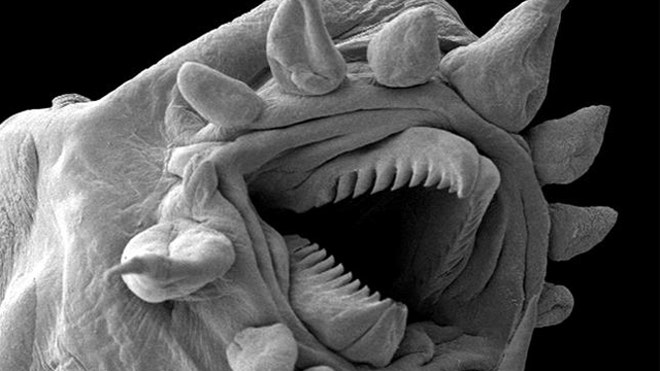Bizarre As It May Seem, Life Is Natural
{category_name}Well hello there, other! Welcome to my first post on the brand new “new criticals” web site! Allow me to begin by telling you a little about my person, and from there we can go ahead and dissolve this person in order to think the belonging of all persons in the flow of nature.
I study physical biochemistry and statistical thermodynamics and my research is concerned with understanding how electrons flow in biological molecules (proteins basically). So I have a tendency to think about living things like electrical circuits and vise versa. I know there are some differences, but this view is more fruitful than one might first imagine. We can grasp the unity of living things and electrical devices if we abstract away the physical details and focus on the principles governing the “energetics” of their operation. Except “energetics” is not exactly a scientific term. We call it thermodynamics, and its actually a monstrously radical worldview, perhaps the most abstract conceivable. As my first physical chemistry professor told me in his own peculiar, non-idiomatic, heavily French-accented way,
“Thermodynamics does not look to the things themselves; it looks at the things from very far away, it does not know or care what the things are.”
But it is precisely this immodest, abstract grandeur that allows thermodynamics to map the conceptual terrain connecting life to the natural world from which it emerged. I would like to try and share this grandeur with you, other. Hopefully I can convince you that despite our clear differences (I’m here, you’re there) there is at least one perspective capable of uniting us with the rest of nature as a single irreversible, non-equilibrium process. Process being the crucial part. We will not look at things, simply the behaviour of energy in time, which is my shorthand definition of entropy: what energy produces as time passes.
But more about that later. The point is I’m going to try and lay out some philosophical issues in science related to the emergence and evolution of life. My goal, which is stated easily enough, is to demonstrate that life is natural. Offhand, this hardly sounds like a radical hypothesis. In what sense could life possibly be “unnatural”? By natural do you mean something other than merely “not supernatural”?
So first and foremost, I don’t believe in a supernatural intelligence of any kind. I doubt that this shocks anyone but I want to put it out there upfront because what comes next may sound a bit religious to people, members of the scientific community in particular, who are committed to certain notions about objectivity. Let me also add that I believe the importance of intelligence in nature is vastly overestimated by we few members of the lineage of life which happen to possess it. “We” here refers to animals, not merely humans. I suspect the great majority of animals are every bit as vain and infatuated with their powers of deduction as are humans. Most things clever enough to survive consider themselves clever enough.
Demonstrating, however, that life is natural means more than simply asserting that it is not a product of design. It means affirming, unflinchingly, that life arose and evolved as a consequence of more general physical dynamics that unify all natural phenomena. More concretely, I want to show you how the forces or “interactions” of nature conspire with the laws of thermodynamics to set the stage for the emergence and differentiation of life. To make my intellectual commitments clear from the outset, I should say that my perspective is informed by the history of non-equilibrium thermodynamics and that I am essentially recapitulating the views of Ilya Prigogine, Alfred Lotka, and most importantly, Jeffrey Wicken, among others. Anyone familiar with the literature on this subject will also be aware that these names represent one side of an ongoing debate in theoretical biology between what I might call the thermodynamic-organismic perspective and what has been termed, since the advent of molecular biology, Neo-Darwinism. This debate is old and subtle enough to deserve at least its own post; for now it must be sufficient to note that my perspective is biased, that I’m quite aware of it, and that I welcome any supporters of the neo-Darwinian tradition, with which I am in respectful disagreement, to offer a critical view should I lapse into too heated of a diatribe (although I find it hard to understand why a blind reproductive mechanism absurdly spat into the world by pure historical contingency would lapse into diatribe or, for that matter, exist at all).
Finally then, allow me to close by stating some first principles which will be explored in further detail in upcoming posts:
1) Life is not a mechanism; life is not not mechanisms.
2) Microscopic reversibility makes macroscopic irreversibility
3) Energy is what is; Making entropy is what “what is” does
4) "Chance is blind, but never free"
5) The universe wants to off itself, we are its means for doing so.
6) Atheists are really just pantheists in a bad mood
...and much more...stay tuned!
 Electron micrograph of a sea worm: Did the interactions which resulted in the lamb, result in thee?
Electron micrograph of a sea worm: Did the interactions which resulted in the lamb, result in thee?
Thumbnail image is from here